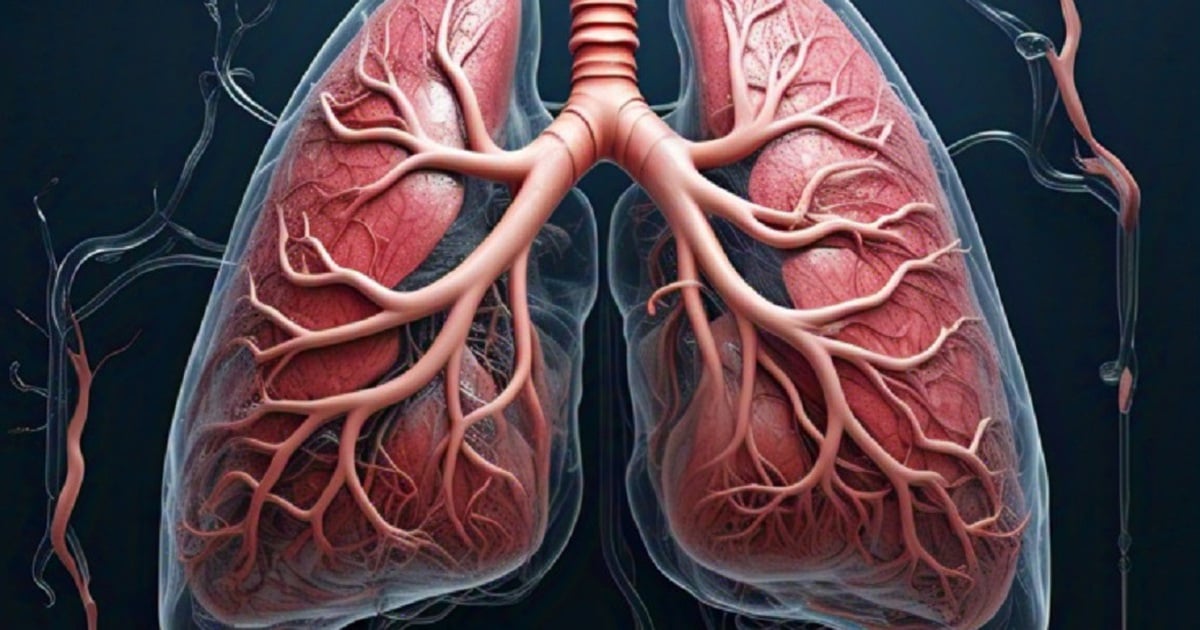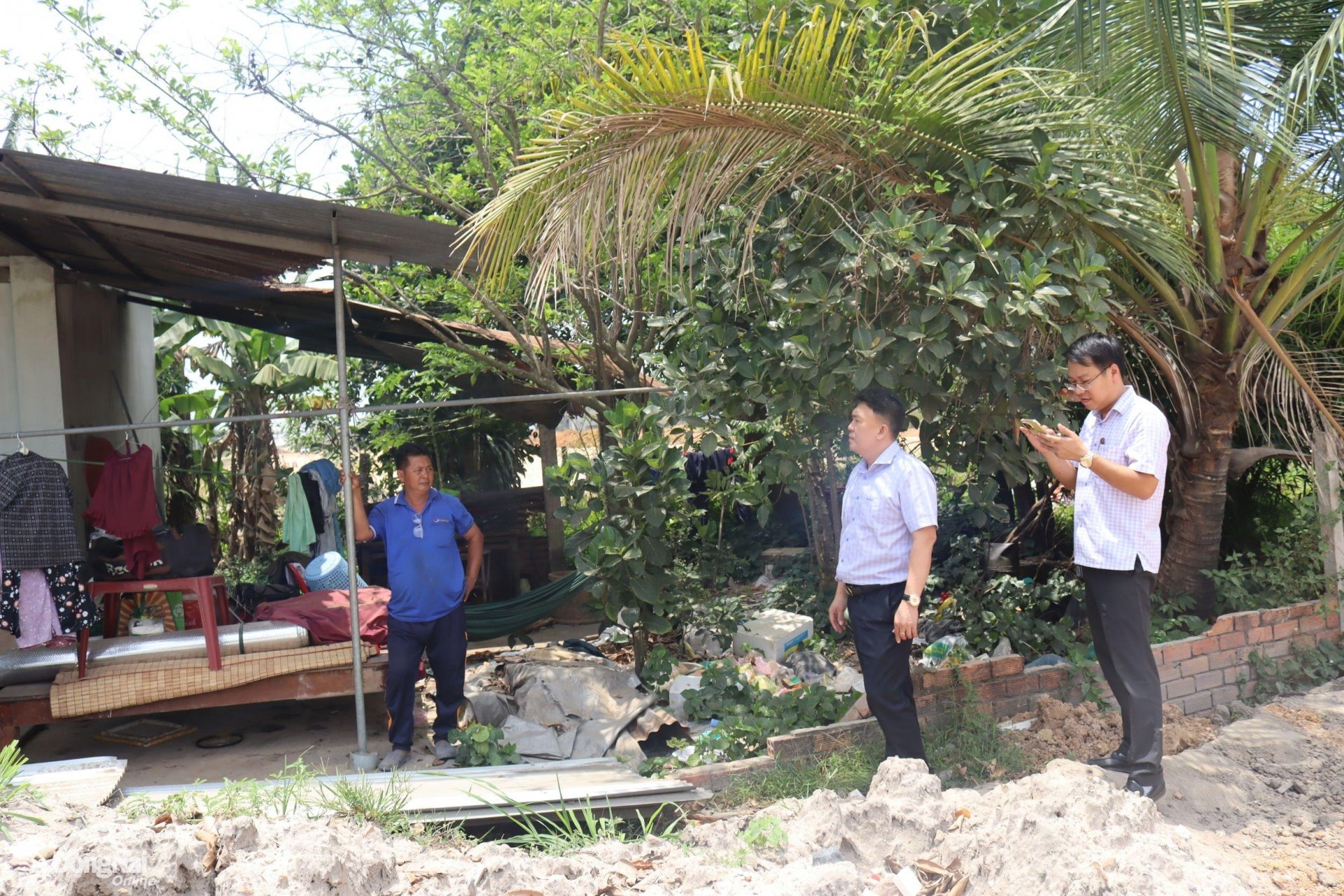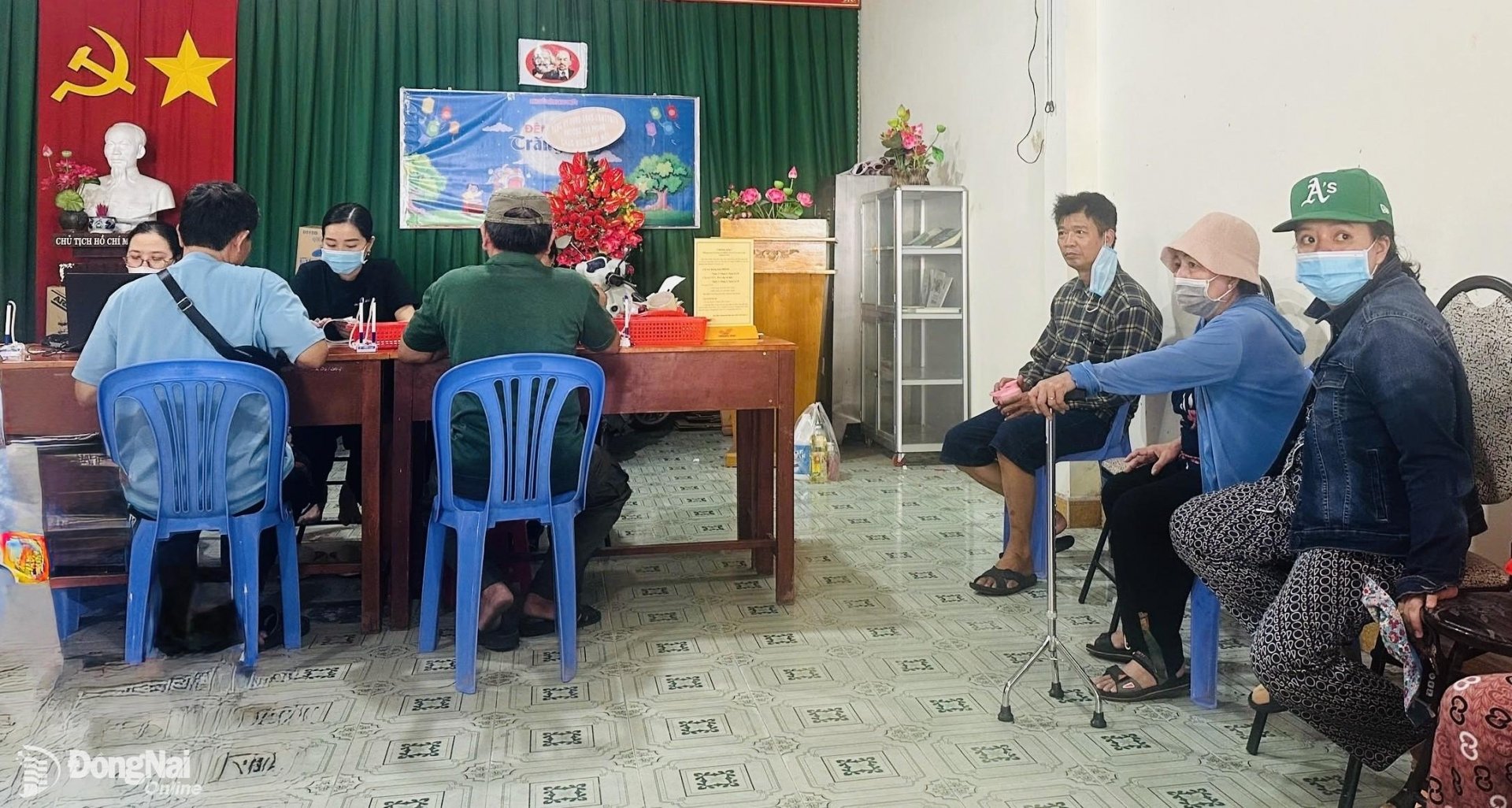Medical news on November 16: Number of brain-dead organ and tissue donations reaches record level
In the first 11 months of 2024, the number of brain-dead organ donations in Vietnam doubled compared to 2023. Since the first organ donation from a brain-dead donor was performed in 2008, this is a record year for the number of brain-dead organ donors.
Number of brain-dead organ and tissue donors reaches record level
At the Training Program on tissue and organ donation from brain-dead people organized by the National Organ Coordination Center and the Department of Health of Quang Ninh province, Associate Professor, Dr. Dong Van He, Director of the National Organ Coordination Center, said that from the beginning of 2024 to now, the whole country has had 28 cases of brain-dead people donating tissue and organs, double that of 2023. This is a record number, the highest ever.
However, compared to the world, this number is still too small. While in other countries, organ donations come mainly from brain-dead donors, in Vietnam, the source of donated organs is still from living donors.
Of the 28 cases of brain-dead organ donation, 26 were in 10 northern provinces and cities, 2 were in Ho Chi Minh City, and 52 provinces nationwide had no cases of brain-dead organ or tissue donation. This is a gap that requires the mobilization of organ and tissue donation to be promoted nationwide, especially increasing training courses for medical staff and workers at hospitals participating in the mobilization work.
 |
| Illustration |
According to Dr. Pham Gia Anh, Deputy Director of the National Organ Transplant Coordination Center, Vietnam's organ transplants are 40 years behind the world, but now our country's organ transplant techniques have reached the world's level.
From June 1992 to August 2024, Vietnam has performed 9,089 organ transplants, of which 8,536 were from living donors, accounting for 94%; 533 were from brain-dead donors, accounting for 6%.
According to Prof. Dr. Nguyen Quoc Kinh, Vice President of the Vietnam Association of Anesthesia and Resuscitation, up to now, Viet Duc Hospital has only had over 100 cases of brain death organ donation, mainly due to traumatic brain injury. Meanwhile, abroad, brain death organ donors mainly suffer from brain diseases such as stroke, cerebrovascular accident... In Vietnam, brain death organ donors are mainly due to traumatic brain injury, general hospitals have not focused on cases of brain death stroke organ donation.
Raising training standards in the medical and pharmaceutical industries
The University of Medicine and Pharmacy (Vietnam National University, Hanoi) has just held a ceremony to announce and award the decision to recognize the quality standards of five training programs of the University of Medicine and Pharmacy.
At the ceremony, Thang Long Education Quality Assessment Center awarded Certificates of Quality Standards to 5 training programs of the University of Medicine and Pharmacy, including: three undergraduate training programs (Medical Imaging Technology, Medical Laboratory Technology, Dentistry) and two master's training programs (Pediatrics and Ophthalmology).
By the time of completion of the assessment, in addition to the 5 training programs mentioned above, the University of Medicine and Pharmacy has ensured that 100% of its undergraduate training programs are qualified, quality-accredited and successfully accredited by reputable accreditation organizations according to the standards of the Ministry of Education and Training.
Professor, Doctor, People's Physician Le Ngoc Thanh, Principal of the University of Medicine and Pharmacy, acknowledged that for higher education institutions, continuously improving the quality of training is not only a vital task but also demonstrates the school's responsibility to the community and society.
This is also an important task that the school has identified since its inception. Over the years, the University of Medicine and Pharmacy has focused on perfecting and developing the internal quality assurance system as well as external quality control.
In 2024, the University of Medicine and Pharmacy completed the quality assessment of the educational institution level and the five training programs mentioned above according to the standards of the Ministry of Education and Training.
Professor Dr. Le Ngoc Thanh assessed this as an encouraging achievement for the school's teachers and students, but also a heavy responsibility because building a culture of quality is a continuous and long-term task.
To do this, it requires both teachers and students to continue to make constant efforts to improve the training program; innovate thinking, innovate teaching and learning methods; and aim to meet the highest satisfaction of learners, the community and society.
Currently, medical training programs are increasingly standardized, meeting the need to train quality medical human resources, able to meet the increasingly developing and increasingly difficult criteria of the medical industry, especially international integration.
The rate of Vietnamese people with chronic obstructive pulmonary disease is the highest in Asia.
Chronic obstructive pulmonary disease is the third leading cause of death in the world. In Vietnam, the incidence of chronic obstructive pulmonary disease is the highest in the Asia-Pacific region at 10.3%.
Lung function testing for people by measuring respiratory function is both to screen and diagnose chronic obstructive pulmonary disease, and to control lung health throughout life.
Chronic obstructive pulmonary disease is a preventable and treatable disease that can lead to serious complications. Chronic obstructive pulmonary disease is characterized by a restriction of air flow to the lungs and is not fully reversible.
The airflow limitation usually develops gradually and is associated with an abnormal inflammatory response in the lungs to noxious particles or gases. Among the major risk factors for COPD are cigarette smoke, environmental pollution, and respiratory infections.
Dr. Nguyen Minh Hang, Deputy Director of the Department of Preventive Medicine, Ministry of Health, said that chronic obstructive pulmonary disease cannot be cured but symptoms can be improved if smoking and exposure to risk factors are avoided.
Stay away from cigarettes, avoid air pollution and occupational dust, maintain physical activities such as regular exercise or physical therapy to restore lung function and always ensure a healthy diet rich in antioxidants.
People with chronic obstructive pulmonary disease need to be fully vaccinated, especially influenza and pneumococcal vaccines, have regular check-ups, and adhere to medication to control the disease.


![[Photo] "Beauties" participate in the parade rehearsal at Bien Hoa airport](https://vstatic.vietnam.vn/vietnam/resource/IMAGE/2025/4/11/155502af3384431e918de0e2e585d13a)

![[Photo] Looking back at the impressive moments of the Vietnamese rescue team in Myanmar](https://vstatic.vietnam.vn/vietnam/resource/IMAGE/2025/4/11/5623ca902a934e19b604c718265249d0)





























![[Photo] Summary of parade practice in preparation for the April 30th celebration](https://vstatic.vietnam.vn/vietnam/resource/IMAGE/2025/4/11/78cfee0f2cc045b387ff1a4362b5950f)


























































Comment (0)